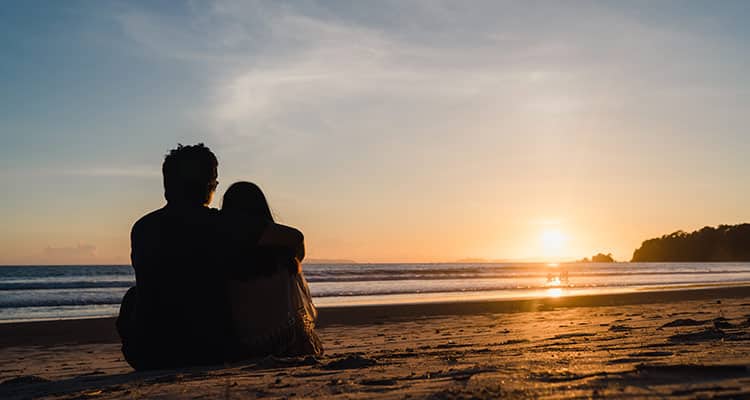How difficult or easy was it for you to decide to move from Paris to the rural Bengali hinterland, with both your children, after you met Paban and you decided to be partners? My children are French, born in France. I knew that I had to make a little nest with them where they could grow up with access to their French culture. I therefore chose to live in Shantiniketan where the atmosphere is even today creative and cosmopolitan, in spite of the degeneration of the University life, and was even more so then. It was difficult for the children to adjust to village life but since we had a home base of our very own, I think they enjoyed themselves thoroughly. The love we all received from Paban and the bauls in general had a lot to do with our being able to balance between both worlds. I had to make sure we lived in a healthy sanitary environment with regular meals and hours of work and play and rest. We went on long walks together, sometimes expeditions to the villages which lasted two or three days. I always made sure to carry a stock of water. They are both great parents now, and we still spend a lot of time together, all three generations. Both Krishna and Duniya have two children each and they travel a lot with their children. Even back to the Bengali villages, so they have kept up the tradition. Apart from Paban’s voice and passion for singing, what was it that attracted you to him and made you decide to choose a completely different life than you had been leading? His kindness and humanity. His unqualified adoration of women and women’s power. All humans have their doppelgangers, their good or evil twin, residing within themselves. The recognition of this duality is what baul philosophy is all about. You said in an interview once about Paban that “He is a Baul and belongs to everybody. You can never say he is my husband and only belongs to me. I have never had that approach with him.” It is very rare to hear a partner say this these days. How do you see modern Indian relationships today? Do you think we chain the other down looking for exclusivity? I would qualify this to say that Paban is above all an artist in every sense of the word. I believe in the total freedom and autonomy of the artist. He is the king and creator of his own universe. I really would not generalise and say that what is true for Paban is true for all Indian relationships. Society in India is still very traditional and although this has its strong points, the great weakness is that it forces Indians to lead double lives and this is true from the very top of society to the very bottom. Both of you travel the world, and have been taking baul to as far as Mexico. You have been together for over 25 years. How do you think your relationship has changed, or grown over the years? Yes, relationships change, grow and mature or dwindle away. Certain aspects of our relationship have dwindled and as we grow older we’re chipkoed to each other like most old Indian grandparents. We’re partners as artists and have embarked on a cultural and artistic journey over the past 30 years of our collaboration together. Over these years, we’ve learnt a good deal from each other and today are still learning. This journey between India and the world is what has shaped our lives. I’m writing new stories about these journeys and Paban is writing new songs. Our partnership has led to many interesting collaborations and we hope to do a few more before we say goodbye to this wonderful earth. What advice would you have for young lovers in modern India today on companionship and commitment? Keeping together is hard work and the fuel needed is constant inspiration, invention, attention and patience. https://www.bonobology.com/who-should-she-choose-between-her-narcissistic-husband-and-a-selfish-lover/ https://www.bonobology.com/found-teenage-crush-social-media/ https://www.bonobology.com/how-do-i-relax-when-kissing/ So when he asked me at lunch yesterday why I felt that it was necessary to live as a couple, I answered that living as a couple is like a wrestling match which goes on till the very last breath. It keeps you in form. It’s a very dynamic way of engaging with life through a crossfire which will always be a source of energy. But living alone, I said, can make you oversensitive or just not sensitive enough.


